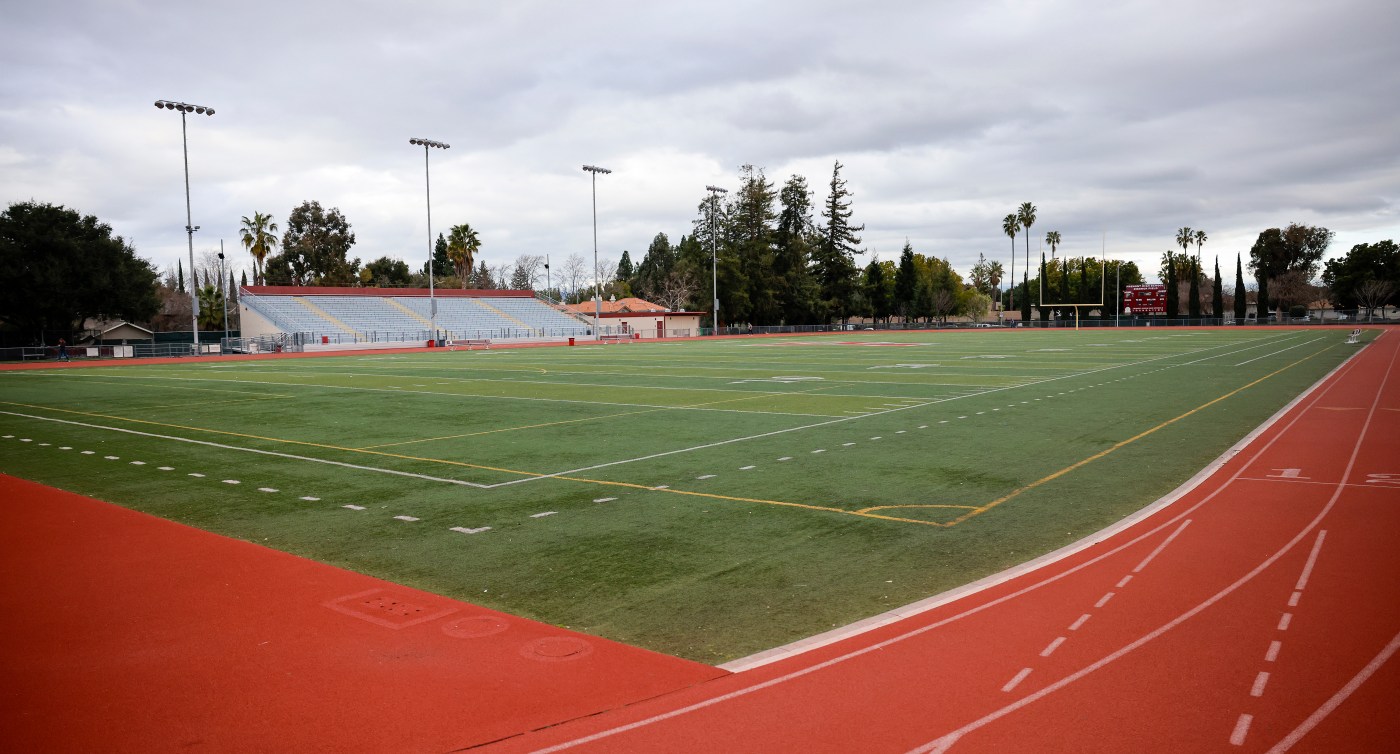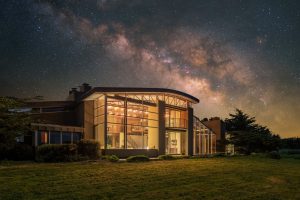Submit your letter to the editor via this form. Read more Letters to the Editor.
Better ways to save
water than fake turf
Re: “Keep artificial turf off county property” (Page A6, June 14).
Thank you, Meghna Varma, for articulating the downside of artificial turf. I would add that young athletes and athletes in general suffer from knee, ankle and hip injuries from the pounding endured during an athletic event on artificial turf.
Artificial turf is not the answer to drought conditions. Taking shorter showers, using the express cycle available on dish and clothes washers, planting California natives, rinsing dishes with gray water and collecting shower or faucet water in a bucket while waiting for it to warm up save lots of water that can be used to flush the toilet.
Better yet, invest in a recirculation pump for the hot water heater. It has a timer that allows water to be hot for a specific period of time versus all day. It saves on energy and water.
Barbara Coats
San Jose
Commandments honor
our nation’s heritage
Re: “Louisiana indoctrinating students in Christianity” (Page A6, June 25).
In a recent contribution about displaying the Ten Commandments in schools, David Herlich states, “Louisiana enthusiastically passed a law designed to convert every schoolchild in the state to Christianity.” He then built on that wobbly foundation by asking, “I wonder how people would feel if the Quran was required to be posted in large font in every classroom?”
That’s clearly apples to oranges. If I were in a country where the Quran was a major cornerstone of its very existence, I would certainly expect and accept references to it in public places. I would not see it as trying to convert me to anything at all.
California’s state education code says, “Nothing in this code shall prevent, or exclude from public schools, references to religion, or to literature or displays having religious significance.” Why not more, not less, displays of our national heritage?
Norvan Johnson
Sunnyvale
Make Declaration
global call for freedom
Pulitzer Prize-winning author David McCullough called the Declaration of Independence, “The words that changed the world.”
This Independence Day, let us all rededicate ourselves to the great principles of the Declaration of Independence. Let us also work to live lives worthy of those who sacrificed for our nation’s freedom.
And finally, let’s extend an invitation for freedom to the world: hold these truths to be self-evident, that all men and all women are created equal, and carry with them God-given rights to life, liberty, and the pursuit of happiness.
Pete Campbell
San Jose
Misconceptions cloud
anti-bilingual argument
Re: “Schools should focus on teaching English” (Page A6, June 25).
This letter to the editor reflects some general misconceptions about bilingual education.
Related Articles
Letters: Replace Thao | Reconsider RCV | Natural resources | Applying reason | Left to Congress | Unqualified opinion
Letters: Willie Mays | Enviable effort | Bad use | Google’s folly | Going digital | Risking legacy
California PUC ignores cheaper means of connecting: Letter to the editor
Learn to landscape for fire safety in the Bay Area: Letter to the editor
Letters: Wealth redistribution | Clean slate | Local leaders
The primary goal of bilingual education is teaching English. But imagine if your 7-year-old self moved, suddenly, to Greece and was expected to read and learn in a language you didn’t know. You would lose years of instruction before you were ready to learn using Greek as the language of instruction.
In bilingual education, English is used increasingly through the years (in most models) so that proficiency and literacy in both languages are achieved. Research shows that students in bilingual programs equal or outperform their peers in English by 5th grade
Finally, where, precisely, will we find those bilingual teachers if we wait until high school “foreign” language class to teach literacy, and to use and value their native language? We need to provide incentives for and prepare more bilingual teachers.
Merryl Kravitz
Professor Emerita, School of Education, New Mexico Highlands University
San Jose












